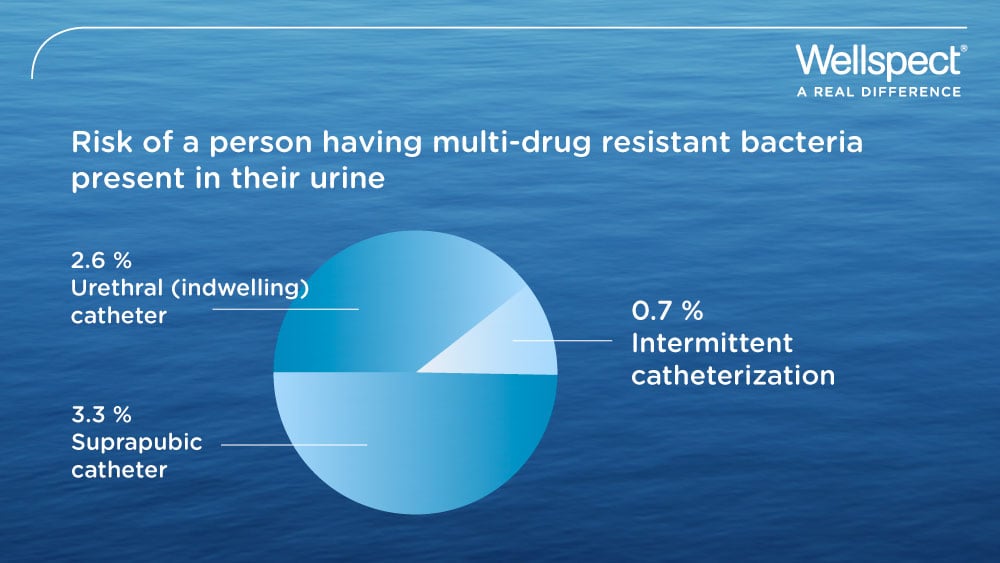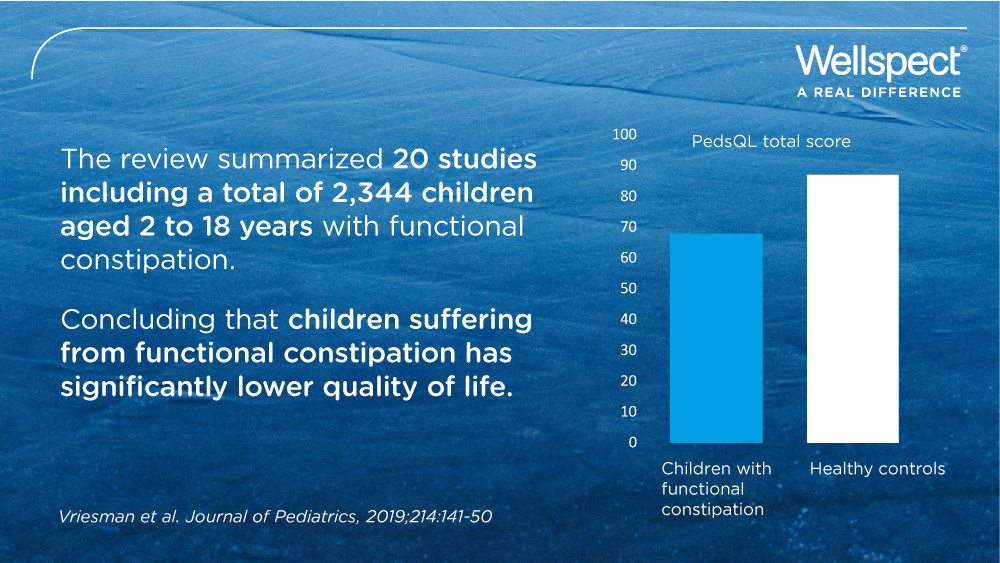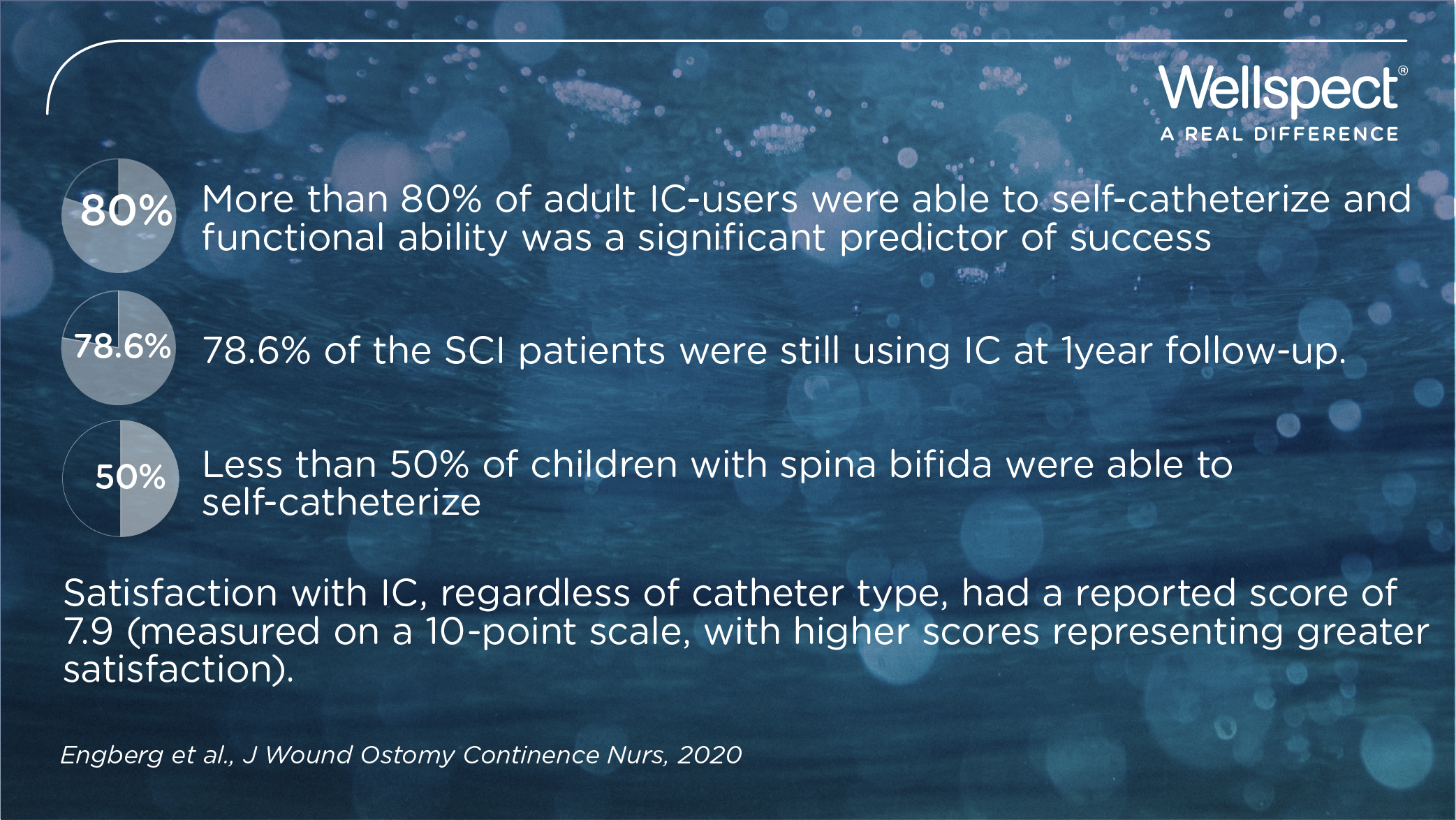Prior to the LoFric Elle webinar in September, we had a great opportunity to talk to Susanne Vahr Lauridsen about the barriers related to intermittent catheterization and dignity. We also asked for her opinion on LoFric Elle’s potential to provide new opportunities for women facing challenges when performing IC.
Read MoreTopics: Neurogenic bladder, Bladder dysfunction, dignity, Lofric Elle
Patients with acute urinary retention are commonly given an indwelling catheter, thereby increasing risk of infection when compared to intermittent catheterization. A hospital in UK changed its practice and now uses self-catheterization as first-line management for patients presenting with acute urinary retention at the emergency department.
Read MoreTopics: Urinary Tract Infection (UTI), Catheter-associated UTI (CAUTI), Bladder dysfunction, Intermittent Catheterization
In an interview with Helen Greenham, Continence Care Specialist Nurse at Birmingham Community Trust in England, we get to share her vast knowledge of women practicing intermittent catheterization (IC) and how important it is for them to feel good about themselves.
Read MoreTopics: Clean Intermittent Catheterization (CIC), Women's health, dignity
This review underscores the negative impact of constipation on children’s well-being and identifies factors associated with lower health-related quality of life in children.
Read MoreTopics: functional constipation, quality of life
Almost two thirds (66%) of nurses in a US survey did not base their practice on clinical guidelines.
Intermittent catheterization (IC) is frequently used to manage lower urinary tract dysfunctions, but research shows that care for patients using IC may not always be based on evidence. The purpose of this review was to summarize evidence related to adherence to IC, complication rates, satisfaction with IC, and its effect on health-related quality of life.
Read MoreTopics: Neurogenic bladder, Spina Bifida, Intermittent Catheterization








